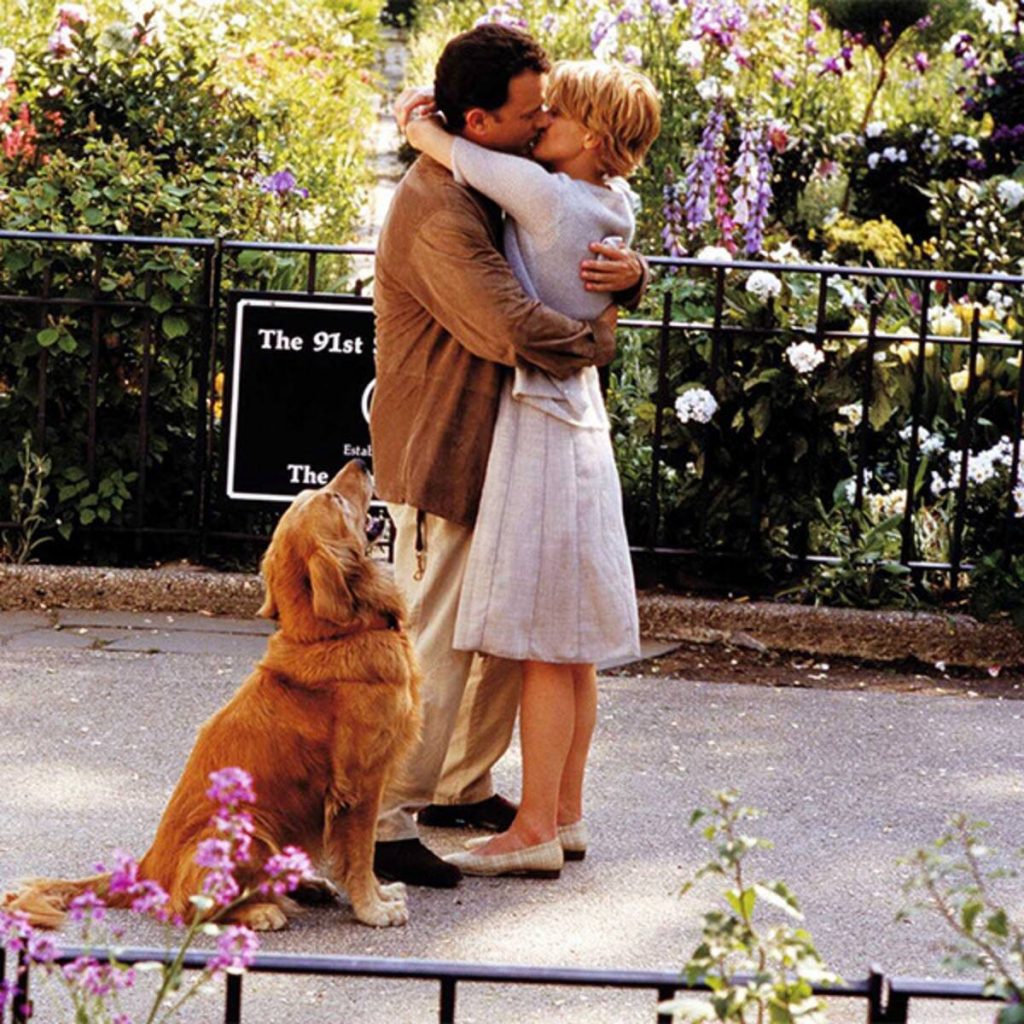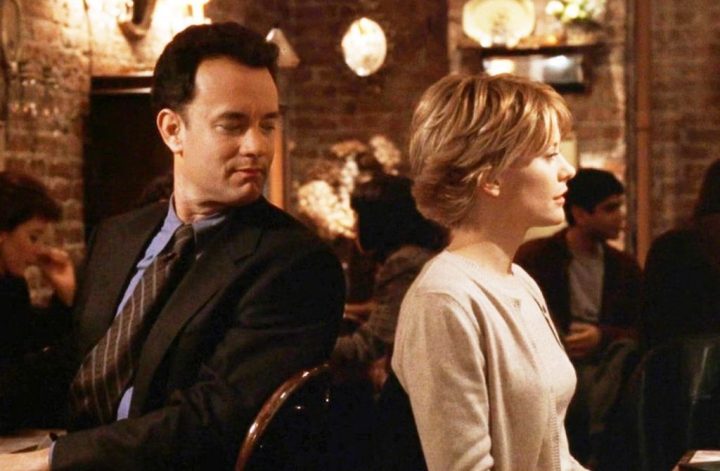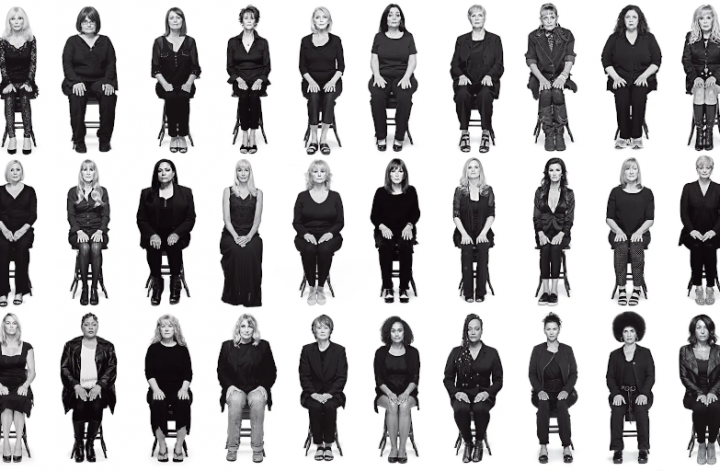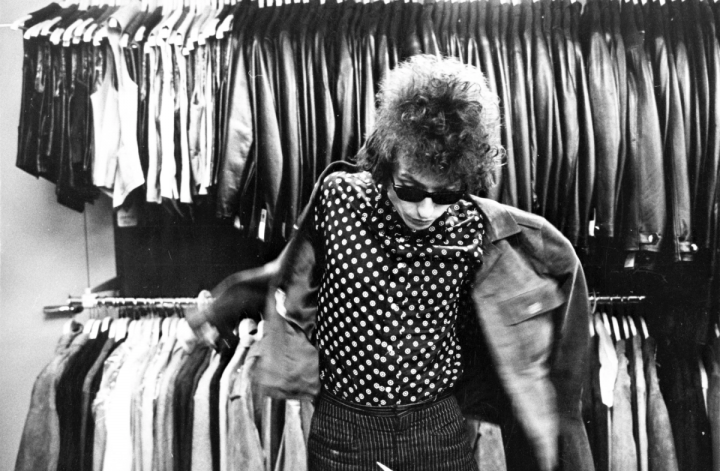You’ve Got Mail is the greatest thing to come out of the 1990s, and this is a hill I am ready and willing to die on, people.
Written by my personal hero, Norah Ephron, and her sister Delia, You’ve Got Mail is a loose remake of a 1940s rom-com starring James Stewart and Margaret Sullivan, The Shop Around the Corner, which in turn, was based on a Hungarian play written by Miklós László.
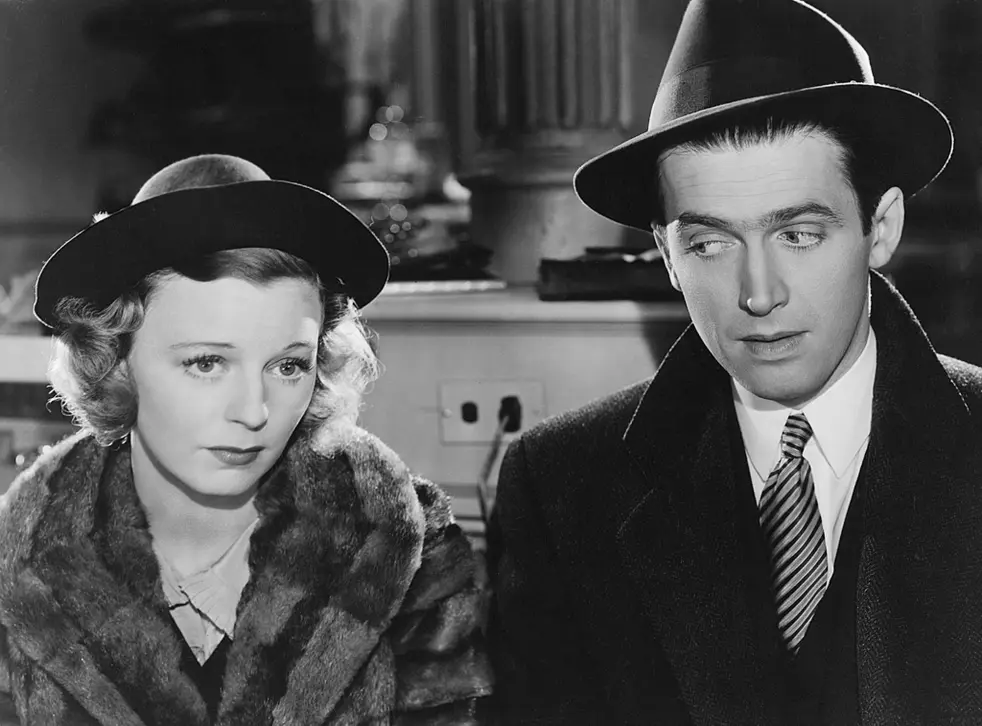
The 1940s version focuses on Stewart and Sullivan, who are two employees at a store that hate one another, and don’t realise that they are actually one another’s treasured pen-pals.
A similar premise is Pillow Talk featuring Doris Day, Rock Hudson, a party line and a lot more singing.
Anyway, back to You’ve Got Mail.
You’ve Got Mail is ICONIC cinema
The introduction to the movie alone is genuinely worthy of a heartfelt epic poem. Sure, it’s got the type of music you’d expect, but the imagery is not very fitting of a romantic comedy.
What on earth am I watching? I thought this was a romantic comedy? Why am I looking at a literal 3D rendering of New York? Why, Norah Ephron, why?
You, probably.
And then it hits you.
You’ve Got Mail is about EMAIL. Not regular, snail mail. A 3D rendering is how they tie in the email hook with romance, New York City in autumn, and traditional human cinema.
Genius.
The premise feels wonderfully simple, but is actually deliciously more complex than you’d think.
Tom Hanks is our leading man. However, instead of playing the soft, kind romantic lead we expect, Hanks has a bit of an edge. In fact, he plays a bit of a bastard, and if he were played by anyone else, he would be simply unlikeable. But, with bucket loads of charm, eyes bluer than the bluest sky and that lip curl, Tom Hanks makes the perfect Mr. Joe Fox, F-O-X, a character you can really get behind.
As a big-time bookstore conglomerate boss man, he wears a lot of suits, makes enormous, ruthless commercial decisions worth millions of dollars and lives your typical one-percenter lifestyle with his dysfunctional, filthy rich family.
We learn quite quickly that Hanks’ character is responsible for gentrifying an otherwise idyllic and quirky part of Manhattan with another Fox bookstore, right around the corner from The Shop Around the Corner (delicious nod to the 40s), a delightful and independent children’s bookshop owned by leading lady, Meg Ryan.
In contrast to Tom Hanks’ business savvy, commercially ruthless leading man, Kathleen Kelly is a woman of simple, traditional pleasures. She’s renowned for having impeccable taste in children’s lit, loves a handkerchief, the classics and her favourite flowers are daisies.
Kathleen inherited the store from her mother, who we learned passed away, and runs it with her mother’s oldest and dearest friend, and a couple of quirky buggers she’s picked up along the way.
And now, big bad Joe Fox is threatening to kill Kathleen’s legacy with his bookstore, forcing her to shut down.
How is this a romantic comedy again?
You’ve Got Mail took risks
Okay, so the premise doesn’t make it sound like a romantic comedy, and with the wrong casting we could have ended up with You’ve Got Mail gracing the literal depths of movie Hades. Ephron really took some risks with the plot, and that’s another reason why it’s such a timeless, rewatchable story.
What’s more, to add another twist in there, both Joe Fox and Kathleen Kelly are in relationships when the movie begins.
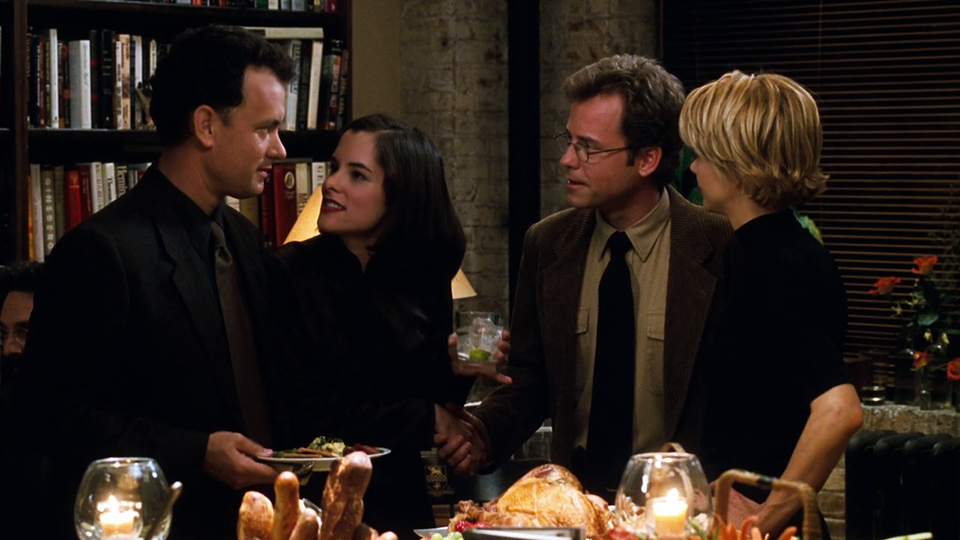
Fox lives in a high-rise on Park Avenue with his equally high-flying, ball-breaking, pantsuit wearing girlfriend, played by Parker Posey, an editor at a publishing house.
Kelly lives in a stunning, traditional brownstone with her boyfriend, played by Greg Kinnear. He brings home typewriters and laments the demise of society because of computers and talks in big, self-important monologues.
I think the idea is to hate them, but truth be told, they’re not terrible people; they’re just blissfully unaware that their relationships are actually situationships, and both Fox and Kelly are looking for something more.
Enter the AOL chatroom.
A love letter to you, You’ve Got Mail
I know, it seems like a crazy hill for me to want to die on. I love a movie that’s literally built on infidelity, but let’s face it – all my favourite films are.
An Affair to Remember? They’re both in committed relationships and fall in love at sea.
Goodfellas? Hello, have you seen the Karen Rossi scene?
You’ve Got Mail is different, though. And I’m not sure if it’s because they fall in love over the written word, or because there’s a unique charm to it that we can all relate to.
Sure, it’s outdated for 2021, but it’s still endearingly rewatchable. It’s a testament to Norah Ephron, for sure, but it’s also because it’s still deeply romantic; the anonymity aspect, for sure, but the reality of their situation too. There’s a fine line between love and hate, and that line is lust, after all.
Ultimately, it’s quaint and old fashioned, but so charming it fills you to the brim with emotions and a genuine desire for an email penpal, let’s be honest. After all, we’re living in the age of dick pics and DM slides. Who doesn’t want digital letters promising the delivery of bouquets of freshly sharpened pencils?
If we’re being really truthful, we’ve all been there too, right? I’ve had interactions with people online that have given me genuine butterflies. When a text flies in from someone you matched with, or a message appears from an internet crush (we’ve all got these, right? Right?), it’s a similar premise.
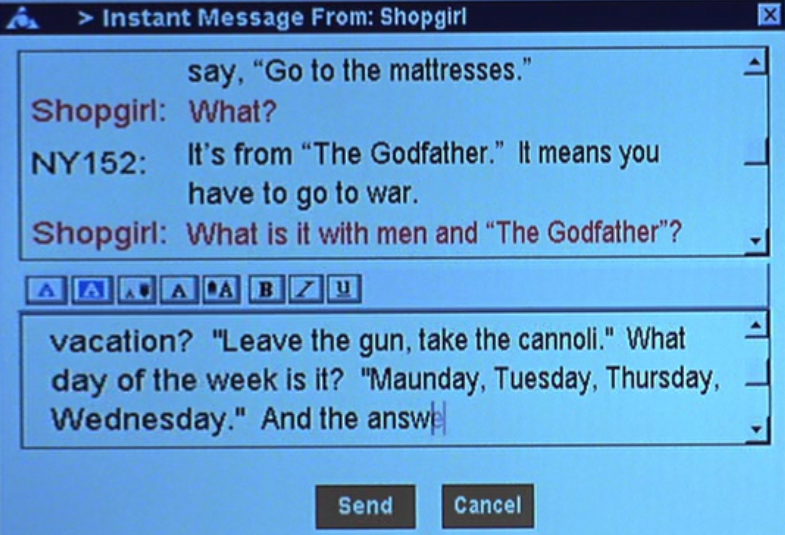
Except, in You’ve Got Mail, the charm and the romance is simply amplified. It’s not just hitting like on someone’s picture or leaving them an emoji. Fox and Kelly are genuine digital penpals writing love letters to one another; they’re vulnerable and honest, they’re revealing huge chunks about who they are with reckless abandon. They’re falling in love in a genuinely old fashioned way, but using technology as a means to an end.
Even in 2021, that’s relatable.
The first email Meg Ryan’s character, online alias ShopGirl sends is so inexplicably adorable:
What will NY152 say today, I wonder. I turn on my computer. I wait impatiently as it connects. I go online, and my breath catches in my chest until I hear three little words: You‘ve got mail. I hear nothing. Not even a sound on the streets of New York, just the beating of my own heart. I have mail. From you.
And Hanks’ responses throughout the movie are enough to send you swooning, time and time again.
It makes you nostalgic for a dial up modem, does it not?
Of course, like any other cherished film, You’ve Got Mail does have some problems I am more than happy to overlook. It’s not flawless, and there are some things that are downright unbelievable. Sorry Norah.
For example, I’m not sure I would have been able to confidently liken my heartbreak over losing my beloved store to the bereavement of my dead mother, and then not only forgive the person responsible, but forge a friendship with him too… nevermind fall in love with him.
But, of course, we’re watching Tom Hanks:
I would have asked for your number, and I wouldn’t have been able to wait twenty-four hours before calling you and saying, “Hey, how about… oh, how about some coffee or, you know, drinks or dinner or a movie… for as long as we both shall live?”
I mean, honestly… How could you still be mad at him after a line like that? Sure, you’ve got no job and your mam is still dead, but crikey. Thomas Hankford, how dare you?
If it’s this hill I have to die on, I will. Because I stand by the fact that You’ve Got Mail is the greatest romantic comedy of all time. The film is like a giant warm cuddle from someone you care about. The script is witty and endlessly charming, Meg Ryan is just perfectly cast as Kathleen Kelly, and the chemistry between Hanks and Ryan is simply electric.
I would happily watch it over and over for as long as we both shall live.
